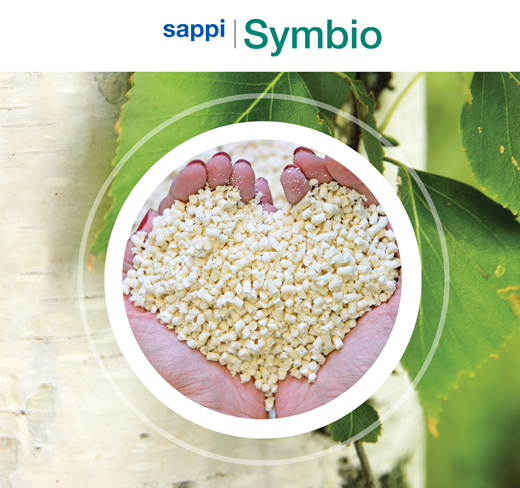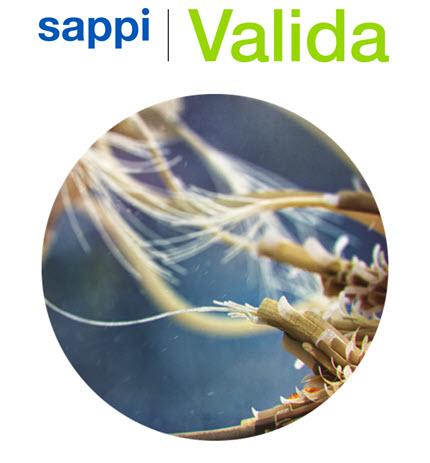Sharing Innovations to Accelerate Meaningful Change
Sappi exists to build a thriving world by unlocking the power of renewable resources to benefit people, communities, and the planet. A clear embodiment of this mantra is unfolding with developments from the Sappi Biotech division. These biomaterials’ development aims to extract more value from each tree harvested and to provide lower-carbon alternatives to plastic materials commonly used today.
Beth Cormier, Vice President of Research, Development, and Sustainability for SNA, highlighted some Sappi innovations at the November 9 Plastic Free World Virtual Summit 2020. This conference allowed people worldwide to share the latest innovations and in-depth industry knowledge to tackle the rising issue of plastic waste in the environment.
Annually, 8.3 million tons of plastic are lost to the environment worldwide, and floating plastic is the most abundant marine litter.1 Many plastics are difficult to recycle; the US Environmental Protection Agency reports that in 2018, 68.2 percent of paper and paperboard products were recycled in the US compared to 8.7 percent of plastics.2 Products derived from wood offer many sustainability benefits over the petrochemicals they can replace by offering more renewable, recyclable, and compostable alternatives.
Cellulose, which is the main component of plant stems, leaves, and roots, is the most abundant natural polymer on earth. Sappi is now transforming cellulose in ways that make this polymer compatible with plastics and drive strength and other performance properties important to customers.
Symbio
Sappi has developed a technique to use modified cellulose fibers to produce a partly biobased plastic, marketed as Symbio, which combines wood’s best qualities and plastic’s designability for optimized product properties. Symbio has a wood fiber content of up to 40 percent and can be employed in a variety of applications, including loudspeaker enclosures, parts for car interiors, consumer electronics, and furniture.
Valida
Modifying fiber even further to a smaller size produces a material with remarkable properties. Marketed as Valida, these fibers are roughly 1,000 times smaller than a typical pulp fiber. Valida can be used to improve the properties of a wide range of industrial and everyday products with which it is combined—for example, thickening water-based products, such as coatings, adhesives, and concrete. Valida is also effective in suspending and stabilizing particles and pigments used in paints and cosmetic products.
Valida is a potential replacement for plastic films in packaging due to its low oxygen and grease permeability. Food wrap bags that currently incorporate a plastic window are made much more recyclable when the entire product is derived from wood cellulose, and Sappi is working with the FDA for approval to use Valida in food products. Beth Cormier is excited for the future and eager to find even better ways to fully utilize the potential of wood. “We can manipulate and use cellulose and other materials from trees in so many ways that are good for our planet, while providing consumer products with remarkable characteristics,” she says.



